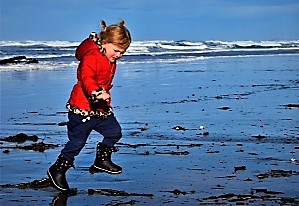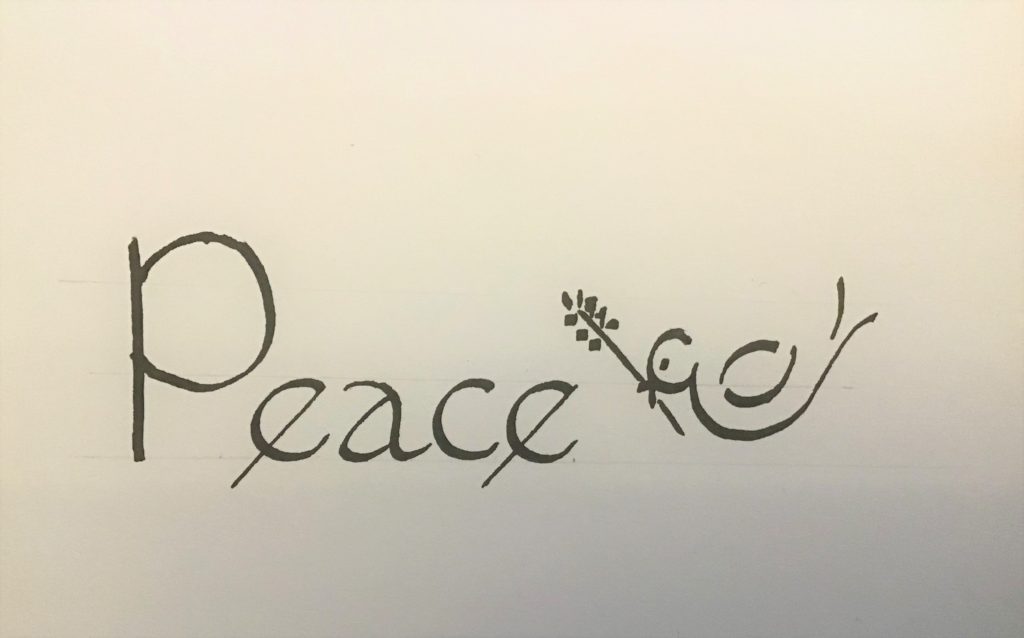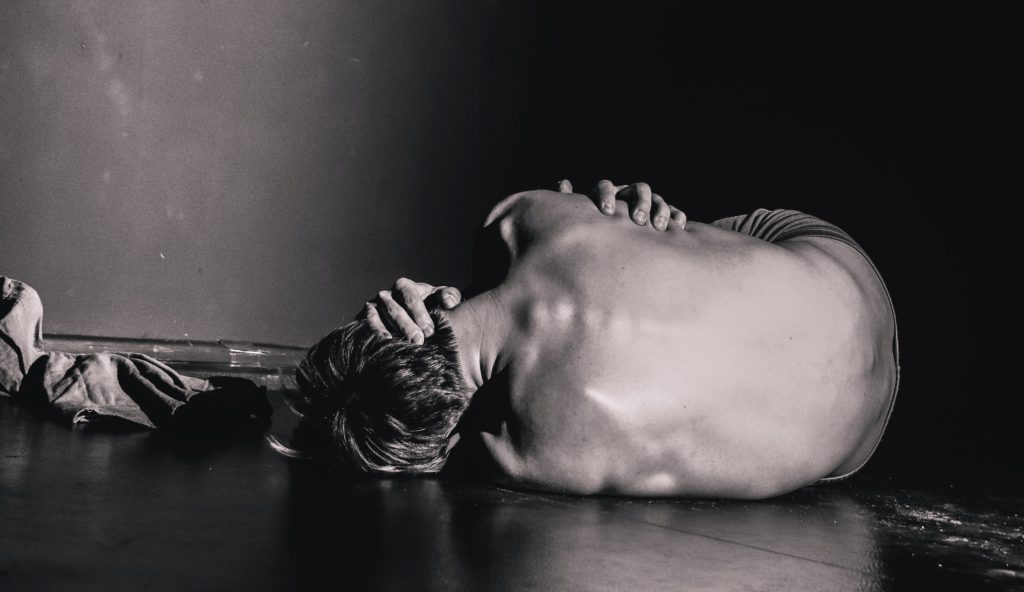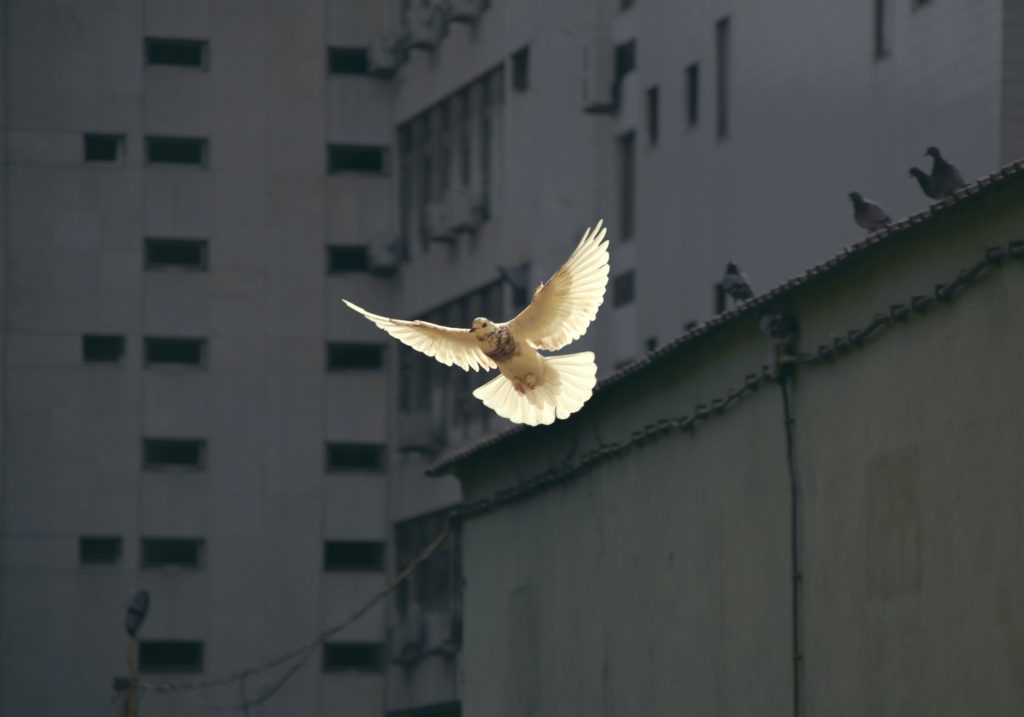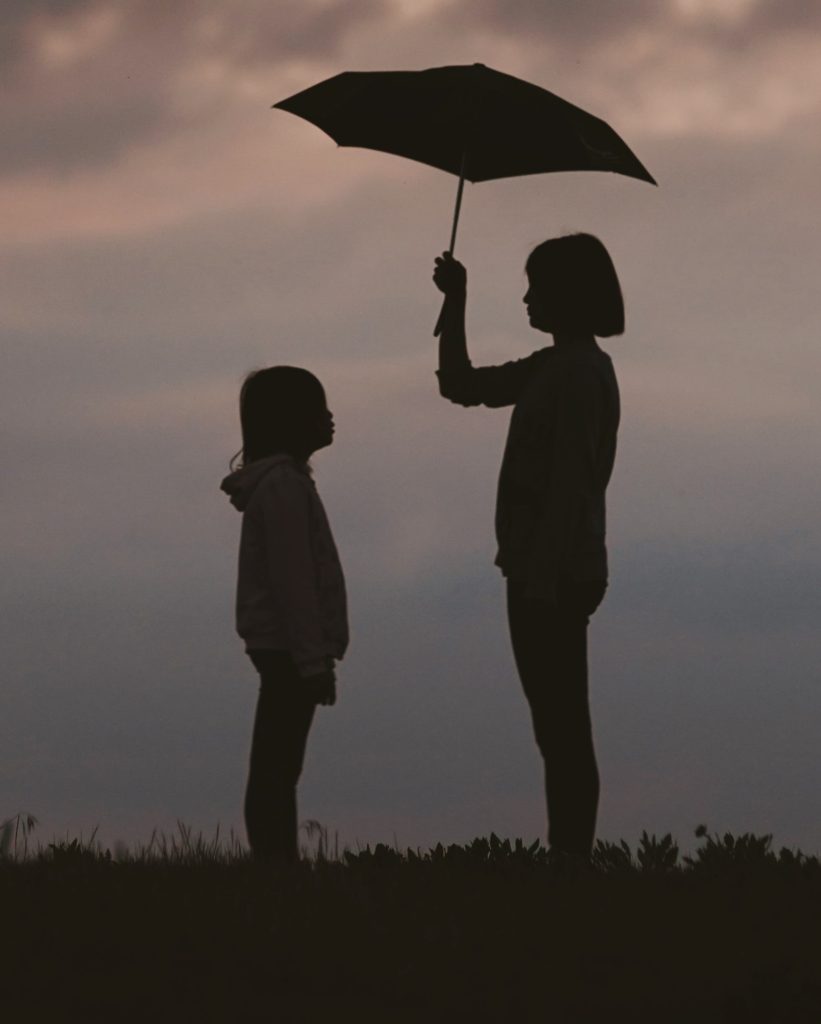Last week, as restrictions were being lifted, I looked forward to our conversations revolving around something other than the pandemic. Perhaps we could resume our British preoccupations with the weather; the emergence of spring blooms and planned days out. Unfortunately, this was not to be. I returned home from the puppy park to discover that Russia had invaded the Ukraine.
My buoyant mood was deflated in an instant. The long peace we have enjoyed in the West for over 70 years has been shattered and the cold war, dormant for so long, is back.
Under such circumstances, it is only natural to feel a sense of helplessness. We can take the practical step of supporting those agencies who are doing their best to support those caught up in the conflict. (And I would urge you to do so.) But no matter how generous our donation, we know that it is merely a sticking plaster over a great wound. What we can do to have more lasting effects is to cultivate peace within ourselves. When we hold peace within us, conflict cannot take hold.

Peace! I hate the word
Like Tybalt in Romeo and Juliet, peace is an anathema to many. One only has to witness the excitement of journalists reporting the conflict, our own raised voices and the buzz of speculation. Because conflict is exciting. It is drama. It has high stakes and terrible, tragic stories. Anger enlivens us; peace requires no voice.

Putin is almost a caricature of a James Bond villain. He’s Russian for a start, ex head of the infamous Federal Security Service (previously the KGB) and a dubiously elected president. The mere mention of his name is likely to raise our blood pressure. But bear with me here, this is where we must start. When Jesus counselled us to love our enemies, he meant all of them- even those like Putin. Because when we fall for the temptation to vilify and turn men into monsters, we lose the calm bearing and centeredness that is essential to finding avenues for resolution.
Acknowledge your anger, of course, but let it go. When we carry anger within us – even of a news story of a country far away whose ongoing conflicts have hardly penetrated our radar before now – it curdles relationships and our own equilibrium.
Making space for peace
When we are at peace, we do not experience stress or anxiety and the techniques we use to achieve peace are similar to those for stress reduction. We might search for it through religious observance or meditation, while walking in nature or going for a swim. We can find it in practising gratitude. We can find it in moments of stillness and quiet. In our busy world, we may need to look hard to find such sanctuary : but look we must.
We do not find it in the Siren call of the media. As I have written before, the media thrives on conflict and provocation. It is important to be informed, but we need not glue ourselves to the screen or the papers to keep up-to-the minute on news coverage.
Putin puts Russia’s nuclear force on high alert
Ukraine’s president agrees to peace talks as battles rage in Kyiv and Kharkiv
Inflammatory language. One of this week’s headlines in The Times
We can make a space for peace with our friends and in conversation. The subject of the Ukraine, with all its terrifying possible ramifications, is almost certain to come up, but we need not catastrophise. If we make our goal to soothe and reassure, we will have helped restore some balance and equanimity.
Unity over Division
For peace to occur in ourselves and our communities, we need to learn to face outwards and not inwards. I read an excellent quote in The Times recently by David Isaac, Chair of the Equality and Human Rights Commission. He said, ‘The key issue is how do we move beyond the ‘I’ to the ‘we’, how do we think of ourselves as citizens in a country or in the world who are not just focused on what works for me and my narrow group. How do we ensure that we think about people who are different to us?’ He was not referring to war, but the principle is the same. We cannot kill those whose innate humanity we see is shared with us. We cannot wreck havoc on a country whose essentials: countryside, buildings, industry are only marginally different from our own.
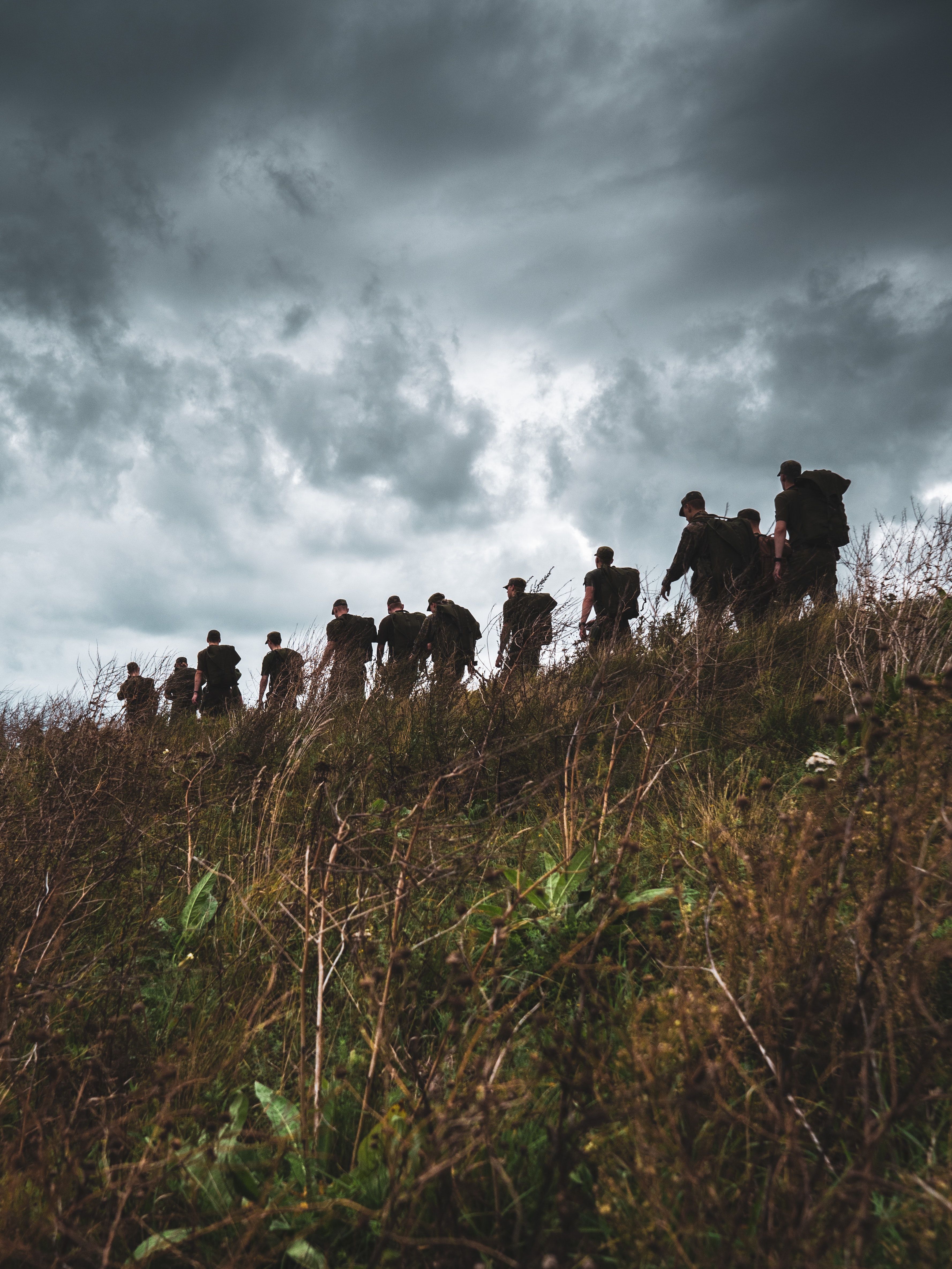
I read a rather disturbing email forwarded from someone in the Ukraine. Reports of their suffering were upsetting, but for me, just as disturbing was the line: ‘Yesterday the Ukraine army had a huge success with the fighting and many Russian soldiers were killed.’ I certainly don’t want Russia to succeed, but nor do I want the world to forget that those Russian soldiers are sons and brothers. Many (perhaps even the majority) are conscripts drawn from the poorest and most disadvantaged sections of society. As in the US during the Vietnam conflict, wealth and education can help you dodge the draft. It is unlikely these young men have any particular feelings about annexing the Ukraine, yet their lives are expended to this end.
So if we hold the Ukraine in our prayers and thoughts, let us hold everyone – even those whose actions we abhor. If we would like there to be peace, we must first cultivate love.
Peace be with you.



